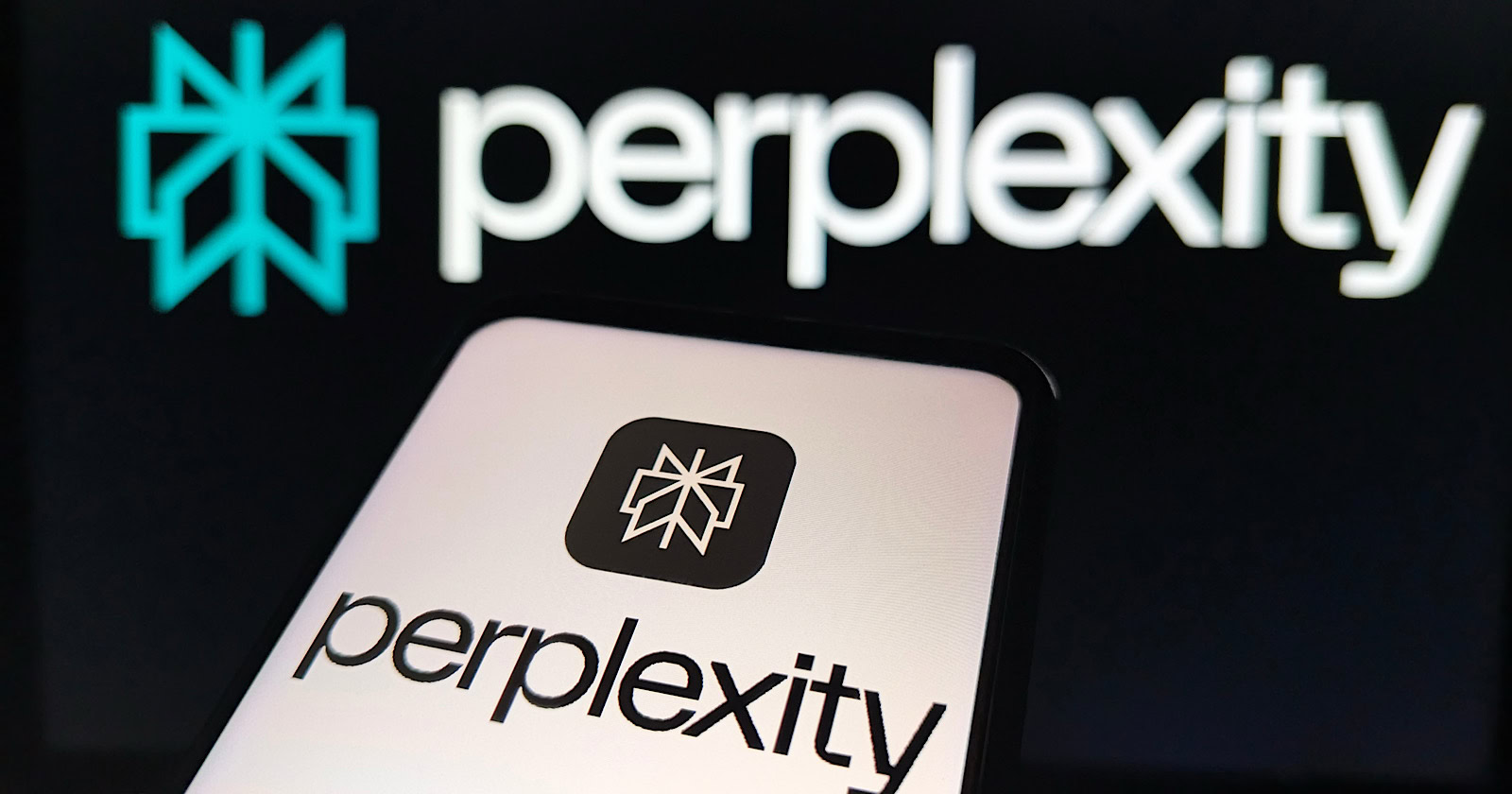How Facebook is fixing its ad platform to deal with Apple’s data limits
The social network behemoth has aspirations for privacy-enhanced advertising, but not everyone believes its efforts are sincere.

Facebook wants to move away from targeting ads to individual people, in favor of less invasive forms of digital advertising, but there are skeptics in the ad community who worry that Facebook is not sincere in its efforts or specific enough about its plans.
This month, Facebook delivered a broad outlook for “privacy-enhanced” advertising; it was a proposal that echoed some of the work Google has been doing in its “Privacy Sandbox,” which is an ongoing test to advertise based on “cohorts”—or groups of users—rather than one-to-one. The personal approach has been the hallmark of internet advertising for years but came with severe privacy concerns. Facebook had been one of the main proponents of personalized advertising, which it dubbed “people-based advertising.” With new regulations, and companies like Apple shutting down sources of data from devices and web browsers, Facebook has to rethink that people-based paradigm.
In a blog post earlier this month, Graham Mudd, Facebook’s VP of ads product marketing, outlined a number of tracks that the company is pursuing to preserve internet advertising in the face of withering data restrictions. Facebook says it wants to work with the industry bodies like World Wide Web Consortium (W3C) and the World Federation of Advertisers to develop new protocols for advertisers and ad platforms to use data without compromising personally identifiable information. Some of the experts in those communities like W3C, however, criticized Facebook for providing few specifics on how it would work with publishers, ad tech companies and brands. Some advertisers, who are close to Facebook, say that the social network had been slow to react to the data dilemma.
“For the last two years, Facebook researchers have been active in the dialogue with privacy advocates and browser vendors at the W3C community,” says Lukasz Wlodarczyk, VP of programmatic ecosystem growth and innovation at RTB House, a programmatic advertising company. “However, we did not hear so far any coherent vision for their ad product.”
W3C has been one of the main forums for digital ad companies to bounce around ideas about fixing online ad markets. The process can be contentious because of all the overlapping interests involved, and Facebook has many critics.
“From what I see their proposals are pretty underspecified,” says Lukasz Olejnik, an internet researcher who has worked with W3C. “In fact, from the visible parts of the proposals we may wonder whether Facebook has an appropriate plan or strategy of action. I am afraid that, after Google, it’s an example of another big tech behemoth without a clear strategic vision of the means and ends. This is pretty surprising if not confusing. After all, this is work done in public and everyone can view it for themselves, and draw conclusions.”
Long-term horizon
In a recent phone interview, Facebook’s Mudd said that critics were mistaken about the intent of the “privacy-enhanced technology” proposal. The blog post about the programs was a starting point, and not the definitive statement on how Facebook will solve the future of advertising.
“The post was not meant to prescribe a solution to the privacy challenges that the industry faces, and it certainly wasn’t meant to put a win on the board or anything like it,” Mudd says. “It was meant to humbly suggest or share our direction, and it’s a long-term direction over the course of the next couple of years.”
Facebook is working on many levels, sometimes directly with brands, to test new methods of targeting and measuring ads in ways that preserve privacy. Facebook has a close relationship with World Federation of Advertisers, working with the group on cross-measurement programs that employ privacy controls, a Facebook spokesperson said. Facebook is also working with university researchers on dozens of initiatives that test methods of playing with data using tools like encryption and machine learning.
Still, the initial recoil from other advertising and privacy groups show that Facebook, like Google, faces a long slog to build trust in an industry that has always viewed the ad giants warily. The companies are held up, fairly or not, as prime examples of how the internet has turned consumers into commodified data, and the tide is turning to try to restore some semblance of privacy to the web. Apple has cast itself as a guardian of data by putting restrictions on how developers and internet ad companies collect data from its devices. In April, Apple’s iOS 14.5 software required a new consent framework for apps, including Facebook, to obtain permission to track users across the web. Without that consent, it is more difficult for brands and ad platforms to understand when a consumer views an ad online and takes an action like making a purchase
Apple’s iPhone changes have been felt among Facebook advertisers that can’t effectively attribute sales to their media on the social network.
“Facebook can’t attribute correctly,” says a media strategist at a Facebook marketing partner, who spoke on the condition of anonymity. “They’re working very hard to fix that and make it so they can effectively measure the lift of performance that their ads drive.”
Lift measurement is one of the keys to Facebook’s “privacy-enhanced technology” proposals. Facebook is conducting a private lift measurement test, where it takes anonymized data about users who viewed an ad and matches it to encrypted data, meaning it jumbles the origin of the data. Facebook measures the effect of the ads using a cohort-based approach similar to what Google is trying to do with the Privacy Sandbox program. Google has been testing FLoC—Federated Learning of Cohorts—which groups Chrome browser users based on shared interests to target ads to those pools of consumers, who theoretically cannot be traced at an individual level. It's worth noting that Google has been criticized, too, for not sufficiently including affected parties such as publishers and ad tech companies as it rips up the old pipes of ad delivery and builds anew.
Bunker mode
Facebook is walling itself off even more from the rest of the web to create a platform that tightly controls the flow of data coming in and going out. One visible change has been Facebook’s development of e-commerce, where more retailers sell directly within Facebook and Instagram. Last year, Facebook created Shops, which are digital storefronts. The more shopping that is done within the platform, the more consumer data Facebook ingests, and that helps inform its ad targeting.
The closing off of Facebook comes with downsides for some marketing partners, which have to deal with a loss of visibility into what goes on within the social network. Facebook is already shutting down how much analytics it reports back to marketers about the demographics of consumers who engaged with ads, according to partners. Without granular data from Facebook, marketers can’t reliably compare how the ads perform to other parts of their ads elsewhere.
“It is going to be limiting because you can’t understand Facebook in regard to the other media you buy,” says Gerry Bavaro, chief strategy officer at Merkle, a customer experience management platform that works with consumer data. “We’ve got a blind spot there with the walled garden.”
“Amazon, Facebook, Google and every publisher basically becomes their own walled garden from a programmatic perspective,” says Chris Comstock, chief product officer at Claravine, a data and marketing software company.
The project to preserve measurement is critical for Facebook, because advertisers gravitate toward the platforms that can prove their worth, which has traditionally been one of Facebook’s strong suits. The Apple changes around data have been a wake-up call to figure it out for the future.
“The relationship between this work and Apple is there,” Facebook’s Mudd says. “What iOS 14 did is it required opt-in consent for sharing third-party data. We see that as a trend that will continue and expand. Therefore, having privacy-enhancing technologies as a means for ensuring that we can produce high performing and relevant advertising is important.”

 Hollif
Hollif 































